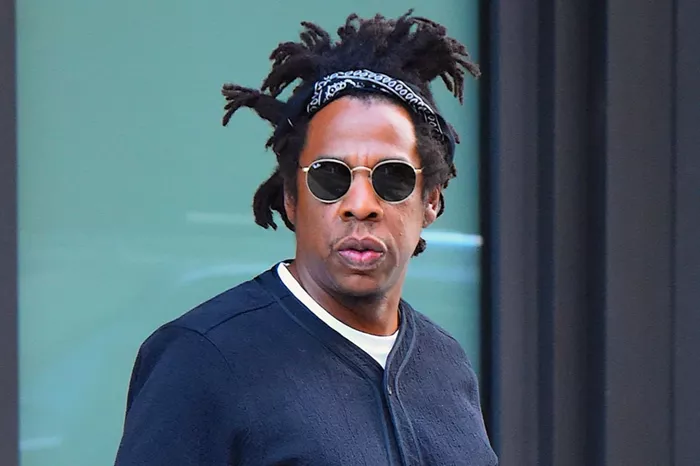In a bold move to protect his reputation and fight back against serious accusations, Jay-Z, whose legal name is Shawn Carter, has filed a complaint in Los Angeles court against prominent Texas attorney Tony Buzbee. Buzbee is representing a woman who claims the rapper, along with music mogul Sean “Diddy” Combs, raped her at an MTV Video Music Awards afterparty in 2000, when she was just 13 years old.
In the complaint, Jay-Z accuses Buzbee of defamation and “naked extortion.” The lawsuit alleges that Buzbee sent false accusations of sexual abuse against Jay-Z, accompanied by written demands for payment. According to the complaint, these demands were framed as part of a broader extortion attempt — threatening criminal charges and reputational damage unless Jay-Z complied.
Jay-Z’s legal team claims that Buzbee’s actions are not just a personal attack but part of a broader, orchestrated effort to harm his reputation. The complaint highlights Buzbee’s previous statements on media platforms, where he threatened to publicly name and prosecute a “long list” of high-profile celebrities accused of misconduct. One of those names, according to Buzbee, was Jay-Z’s.
Starting in October 2024, Buzbee made multiple public statements accusing Jay-Z of criminal sexual assault. In a particularly alarming statement, Buzbee reportedly boasted about the numerous celebrities his firm was preparing to accuse of “terrible conduct,” fueling speculation about the involvement of other powerful figures in the entertainment industry. The complaint details how Buzbee then publicly named Jay-Z as one of those individuals, intensifying the already sensitive legal battle.
The defamation lawsuit also stems from comments made by Buzbee that Jay-Z claims were not only false but damaging to his personal and professional life. In his official response, Jay-Z used his social media platform to push back against the accusations and further refute the allegations.
“I will not give you ONE RED PENNY,” Jay-Z wrote on X (formerly Twitter), denouncing Buzbee’s actions. “It made me want to expose you for the fraud you are in a VERY public fashion.”
Jay-Z’s stance reflects his strong commitment to clearing his name, while highlighting the broader issue of how false allegations can severely affect an individual’s life and reputation. His firm rejection of the extortion demands underscores the seriousness with which he’s taking these accusations.
The lawsuit stems from a detailed accusation made by an unnamed woman, referred to in the complaint as Jane Doe. She alleges that both Jay-Z and Diddy sexually assaulted her during an afterparty following the 2000 MTV Video Music Awards. According to her claims, an unnamed female celebrity was also present during the alleged incident.
Both Jay-Z and Diddy have publicly denied the allegations. Diddy, who is currently facing federal sex crime charges, has also been named in several lawsuits related to sexual misconduct. The legal battles surrounding these claims have been widely reported, with public figures from across the entertainment industry weighing in.
The lawsuit between Jay-Z and Tony Buzbee shines a spotlight on the complexities of high-profile legal cases involving powerful individuals. It highlights the vulnerability of celebrities to false claims and the tactics sometimes used to extract financial settlements or gain public attention.
At the heart of this case is an exploration of how defamation and extortion intersect in the legal landscape. Jay-Z’s filing isn’t just a defense of his reputation but a broader statement on the need to protect individuals from false accusations that can ruin careers, lives, and legacies. While the case remains in the courts, it also underscores the ongoing challenges that public figures face in safeguarding their personal and professional integrity.
Read more:

